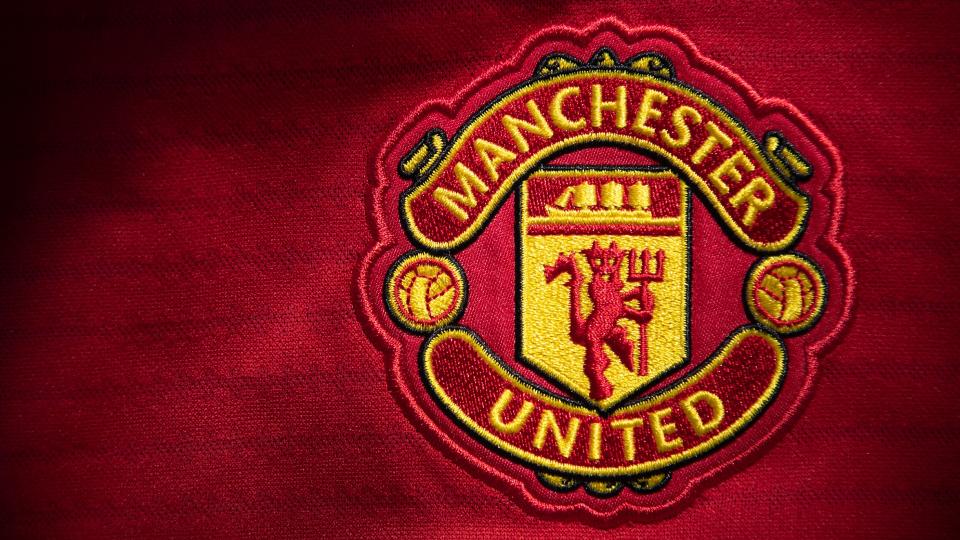Man-U Valuation On The New York Stock Exchange Drops By £600 Million As Glazers Abandon Sale Plans
Manchester United, one of the most iconic football clubs in the world, witnessed a substantial hit to its valuation on the New York Stock Exchange (NYSE) on Tuesday, sending shockwaves through the footballing and financial communities. This sudden decline, amounting to a staggering £600 million, comes in conjunction with reports that the Glazer family, the club’s long-time owners, have decided to shelve their plans to sell the club. This development marks the most significant daily percentage drop in Manchester United’s value since its listing on the NYSE back in 2012. In this article, we delve into the details of this monumental shift in the club’s financial standing.
The Historic Fall in Valuation:
Manchester United’s stock price experienced a tumultuous day on the NYSE, culminating in a massive drop of £600 million in valuation. This abrupt decline was particularly significant, given the club’s long-standing presence on the NYSE and its history of relative stability in terms of stock performance.
The Glazer Family’s Ownership Saga:
The Glazer family’s ownership of Manchester United has been a contentious issue for years. Since their acquisition of the club in 2005, they have faced constant criticism and protests from fans who have expressed dissatisfaction with their management style and the debt incurred by the club under their ownership. Despite this, the Glazers have remained steadfast in their control of the club.
Reports of Sale Plans:
In recent months, rumours have been circulating regarding the Glazer family’s intent to sell Manchester United. These reports have sparked both optimism and trepidation among fans and investors alike. Prospective buyers and consortiums have been closely watching developments, hoping to seize the opportunity to acquire one of football’s most prestigious institutions.
Shelving the Sale Plans:
However, the recent announcement of the Glazers abandoning their plans to sell Manchester United has sent shockwaves through the football world. The reasons behind this sudden change in direction remain speculative. Some insiders suggest that the family may have reconsidered their decision due to the club’s precarious financial position, while others believe that the passionate fanbase’s resistance to a potential sale played a role.
Fan Reactions and Protests:
In response to the news of the sale being put on hold, Manchester United supporters have expressed mixed reactions. Some see it as an opportunity for the Glazers to reinvest in the club and address long-standing concerns, while others view it as a missed chance for new ownership and a fresh start. Protests outside Old Trafford and social media campaigns have been prominent features of fan activism in recent years, and it remains to be seen how these movements will evolve in light of this development.
Impact on Club Performance:
The financial volatility and uncertainty surrounding Manchester United’s ownership can have a significant impact on the club’s performance on and off the field. The availability of funds for player acquisitions, infrastructure improvements, and long-term planning is closely tied to the ownership situation. This recent drop in valuation could potentially hamper the club’s ability to compete at the highest level, both domestically and internationally.
Manchester United’s rollercoaster ride on the New York Stock Exchange has taken another dramatic turn with a £600 million valuation drop. The Glazer family’s decision to shelve their plans to sell the club has added a layer of complexity to the already contentious ownership saga. As fans, investors, and pundits grapple with this development, the future of one of football’s most storied institutions remains uncertain. Only time will tell whether the Glazers’ decision will lead to a revitalized Manchester United or further unrest among the passionate fanbase.
